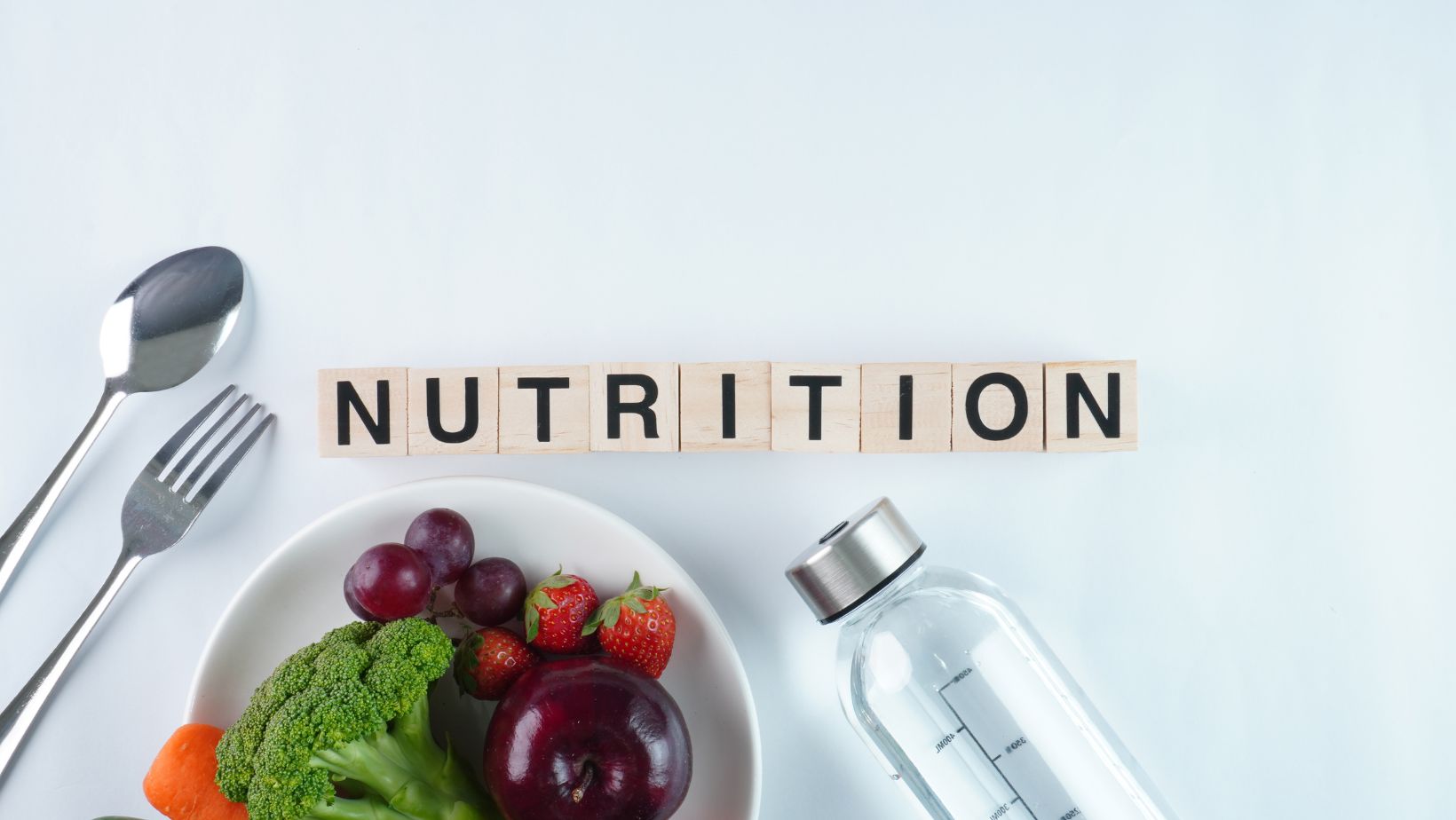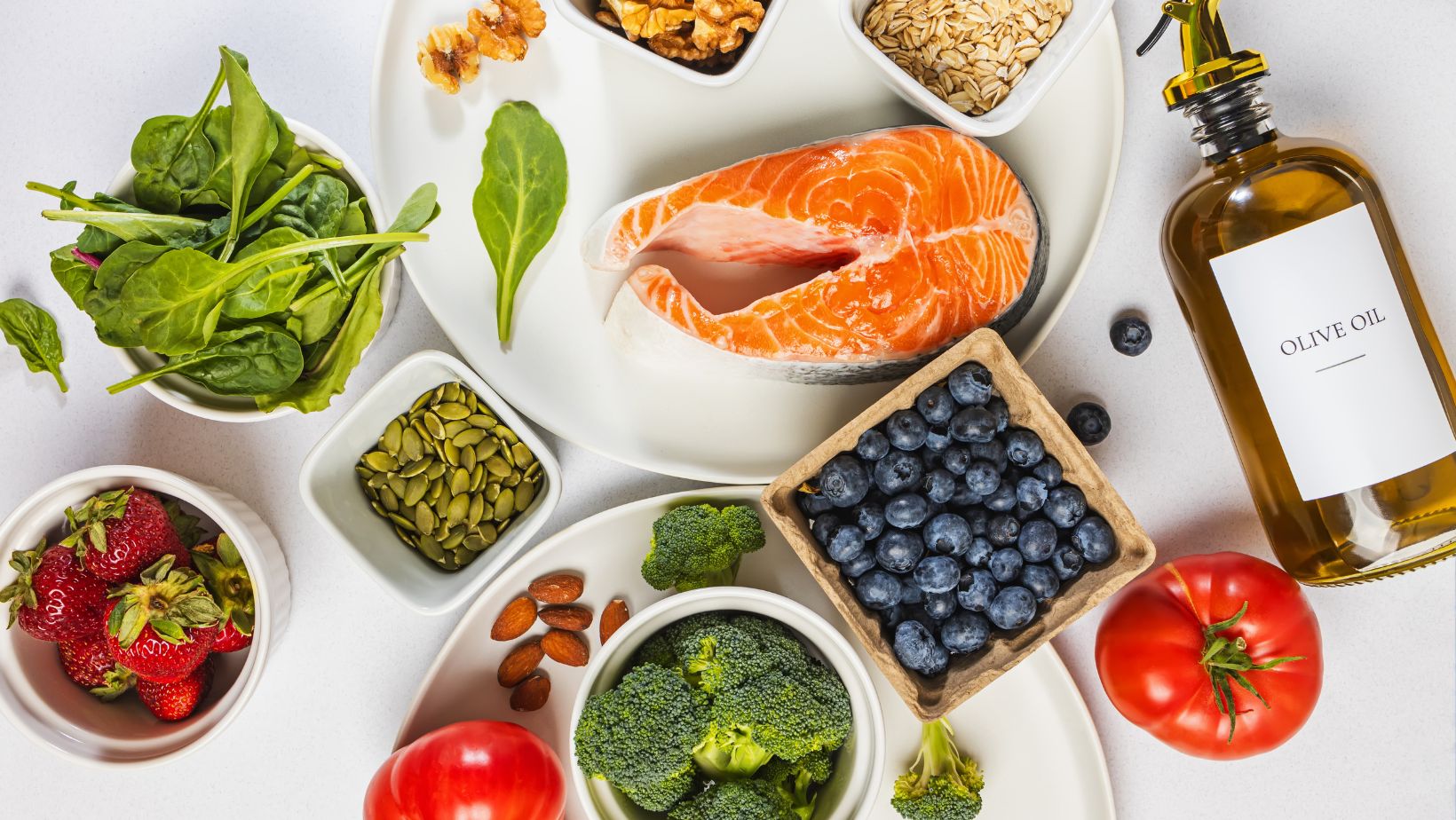From an early age, our elders tell us daily that we should eat healthy to look and feel good physically. But have you ever heard that eating well also impacts our mental health?
Did you know?
“A balanced diet can improve your clarity of thought, alertness, and concentration.”
On the other hand, poor nutrition can make you feel tired. It can also make decision-making harder and slow down your reactions. But interestingly, it can also increase stress and make you more depressed.
The question is, what are those specific food items that can increase our stress levels? In today’s modern era, we depend a lot on processed food. These foods are usually high in sugar and refined flour.
Processed foods are usually addictive because they stimulate the brain’s reward centers. One must stop eating them in order to have a healthy body and mind. Wondering how to do that?
Don’t worry, we have the solution. In this article, we are going to describe what nutritional psychiatry is and how it can significantly impact your mental well-being.
Diet and Mental Health: What’s the Link?
Before diving into the deets of processed foods and their impact on your mental health, let’s first discuss the reason behind this link.
What we eat affects our emotions because our brain and gut have a close connection. And do you know the gut is also called our “second brain?”
Let us make you understand with a simple explanation: Our gut has billions of bacteria that help produce chemicals like dopamine and serotonin. These chemicals send messages from the gut to the brain.
Serotonin, for example, is vital for regulating sleep, appetite, mood, and pain. About 95% of this chemical is made in the gut. This means our digestive health significantly impacts our emotions.
When a person eats nutrient-rich foods, it supports the production of beneficial gut bacteria. It leads to improving our mood, and thus we feel good.
For example, when you eat an item that has a higher amount of processed sugar, it can make your dopamine level high. But guess what? This higher level can often drop right away and cause anxiety.

Let’s see the other side of the coin. Unprocessed foods are beneficial for your physical and mental health alike. These foods do not lead to obesity or diabetes. You live a healthy and balanced lifestyle, leading to a good mood. The best part? There is no sudden increase or drop in the dopamine level.
Research shows that clean eating can reduce symptoms of depression and anxiety. Poor dietary choices can increase the risk of conditions like dementia and stroke.
Foods That Might Affect Your Mental Health
As we have discussed before, some foods can improve mental well-being, while others might negatively impact it. Here’s a quick guide on what to eat and what to avoid:
Ultra-Processed Foods
These include candy, baked goods, sugary drinks, and salty snacks. They are often high in calories, salt, sugar, and unhealthy fats. Regularly eating these foods can increase anxiety, depression, and stress. It’s best to enjoy them occasionally.
Alcohol
People usually drink alcohol when they are extremely happy or sad. Then, gradually, it becomes a habit. But the fact that they don’t know is that alcohol can worsen mental health issues. Excessive drinking can increase symptoms of depression, anxiety, and mood disorders.
If you are dealing with mental health challenges, the CDC advises you to:
- Limit your consumption of alcohol.
- For women, 1 drink per day
- For men, 2 drinks per day
Simple Diet Tips to Boost Your Mental Health
People who struggle with mental health issues usually do not know what to do with their lives. So, they may not be able to figure out what to eat and at what time. It is advisable to seek help from a mental health professional. One thing I would like to discuss here specifically is that psychiatrists should use these 4 therapies to help patients cope with their mental illnesses.
- Cognitive Behavioral Therapy (CBT)
- Dialectical Behavioral Therapy (DBT)
- Acceptance and Commitment Therapy
- Psychodynamic Therapy
Moreover, they should solely focus on patient care. The best way to do that is by outsourcing their psychiatry medical billing to a reliable billing company in the USA. This way, they can provide exceptional care while getting maximum reimbursement for services rendered.
Now let’s come back to the main discussion. You can make small dietary changes that support your emotional well-being:
- Focus on overall diet quality rather than individual foods.
- Include a variety of healthy foods in your meals for balanced nutrition.
Load Up on These Essential Nutrients
Certain nutrients are especially beneficial for mental health. Here’s a list of some key nutrients and the foods where you can find them:
|
Nutrients |
Foods |
|
Omega-3 Fatty Acids |
Walnuts, chia seeds, flaxseeds, salmon, herring, and sardines. |
|
Folate |
Beef liver, rice, fortified cereals, black-eyed peas, spinach, asparagus, and Brussels sprouts. |
|
Iron |
Oysters, beef liver, fortified cereals, spinach, dark chocolate, white beans, lentils, and tofu. |
|
Magnesium |
Spinach, pumpkin seeds, chia seeds, soy milk, black beans, almonds, and cashews. |
|
Zinc |
Oysters, chicken, pork chops, beef roast, Alaska king crab, lobster, and pumpkin seeds. |
|
B Vitamins |
Spinach, pumpkin seeds, chia seeds, soy milk, black beans, almonds, and cashews. |
|
Vitamin A |
Beef liver, herring, cow’s milk, ricotta cheese, sweet potatoes, carrots, and cantaloupe. |
|
Vitamin C |
Red and green peppers, orange and grapefruit juice, strawberries, and broccoli. |
Add Prebiotics and Probiotics
Probiotics are beneficial bacteria that help keep your body healthy, while prebiotics are nutrients that help probiotics grow. Both help maintain a balanced gut environment and may impact stress and depression. You should include these foods in your diet:

- Fermented Foods: Yogurt, kefir, buttermilk, kimchi, sauerkraut, tempeh, and kombucha
- Alliums: Garlic, onions, and leeks
- Vegetables: Artichokes and asparagus
- Fruits: Apples and bananas
- Grains: Barley and oats
Enjoy a Variety of Fruits and Vegetables
Fruits and vegetables are enriched with nutrients that benefit mental health. These nutrients are fiber, complex carbohydrates, vitamin B, vitamin C, and polyphenols (healthy plant compounds).
Recently, a study showed that higher consumption of food and vegetables can increase self-efficiency. The interesting part about this research is that it also reduces the levels of depression and psychological distress. Try incorporating:
- Berries
- Citrus fruits
- Leafy greens
The Bottom Line
Nutritional psychiatry shows that gut health and the bacteria in your gut are important for mental well-being. Eating a nutritious diet helps maintain gut health, while processed foods should be consumed in moderation.
Start with small changes to your diet to support better mental health.
